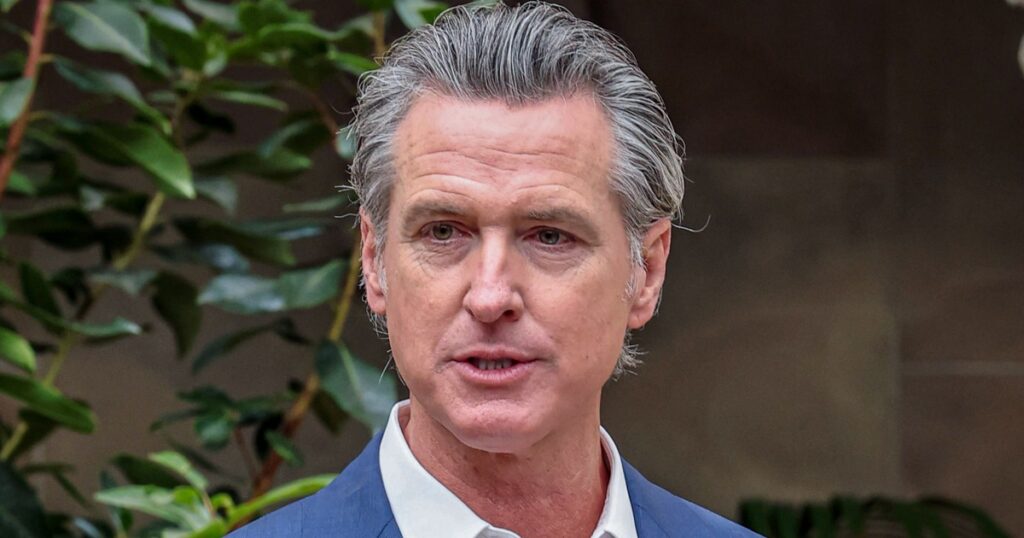
SACRAMENTO, Calif. — In a bold legislative move, Governor Gavin Newsom has signed into law a significant overhaul of California’s landmark environmental protection rules. This action, announced Monday night, aims to address the state’s acute housing shortage and persistent homelessness crisis. The Democratic governor, who is often mentioned as a potential 2028 presidential candidate, described the two-bill package as a historic reshaping of environmental regulations that have historically led to extensive litigation and costly delays, hindering crucial development projects.
“We have too much demand chasing too little supply,” Newsom stated during a news conference. “So many of the challenges that ail us can be connected back to this issue.” The governor emphasized that the bills represent the most consequential housing reform in recent California history.
California’s Housing Dilemma
California, once known for its rapid growth, is now facing the possibility of losing U.S. House seats in the 2030 census due to population shifts towards more affordable states like Texas and Florida. With approximately 18 months remaining in his term, the term-limited Newsom is keen on cementing his legacy by addressing one of the state’s most persistent problems: exorbitant rents and home prices that are beyond the reach of many middle-class families.
Newsom’s initial gubernatorial campaign included a promise to end California’s housing shortage by constructing millions of new homes. However, as his tenure approaches its end in January 2027, this ambitious goal remains elusive. The impact of the newly signed bills remains uncertain.
“I think the increase will be incremental rather than a boom,” said Bill Fulton, a planning expert and former mayor of Ventura. He highlighted other critical factors such as financing, construction costs, and labor availability.
Political and Environmental Tensions
With the gubernatorial race to succeed him underway, Newsom faces criticism from Republicans who argue that he and the Democratic-majority legislature have done little to control costs across the board, including utilities and housing. Newsom contends that the housing crisis is a test of the government’s ability to deliver results and protect the state’s reputation.
Newsom had previously threatened to veto the state budget unless lawmakers revised the California Environmental Quality Act (CEQA). This 1970s law mandates rigorous environmental impact assessments for new developments, which the governor and housing advocates argue have become bureaucratic hurdles that stymie housing construction.
Despite resistance from environmental groups, lawmakers passed the transformative measure. Jakob Evans, a senior policy strategist for Sierra Club California, expressed concern, stating that “these half-baked bills written behind closed doors will have destructive consequences for environmental justice communities and endangered species across California.”
Looking Ahead
Newsom defended the legislative changes as a necessary step towards resolving California’s housing affordability issues. “This was too urgent, too important, to allow the process to unfold as it has for the last generation,” he remarked after signing the bill.
Earlier in the year, Newsom had waived certain CEQA requirements for wildfire victims in Southern California, signaling a willingness to revisit the law that critics argue inflates building costs and obstructs development. The recently passed state budget also reflects fiscal constraints, scaling back several progressive initiatives, including a significant health care expansion for low-income adult immigrants without legal status, to address a $12 billion deficit.
The overhaul of CEQA represents a pivotal moment in California’s ongoing struggle to balance environmental stewardship with the urgent need for housing. As the state navigates these complex challenges, the effectiveness of these reforms will be closely monitored by policymakers and residents alike.


